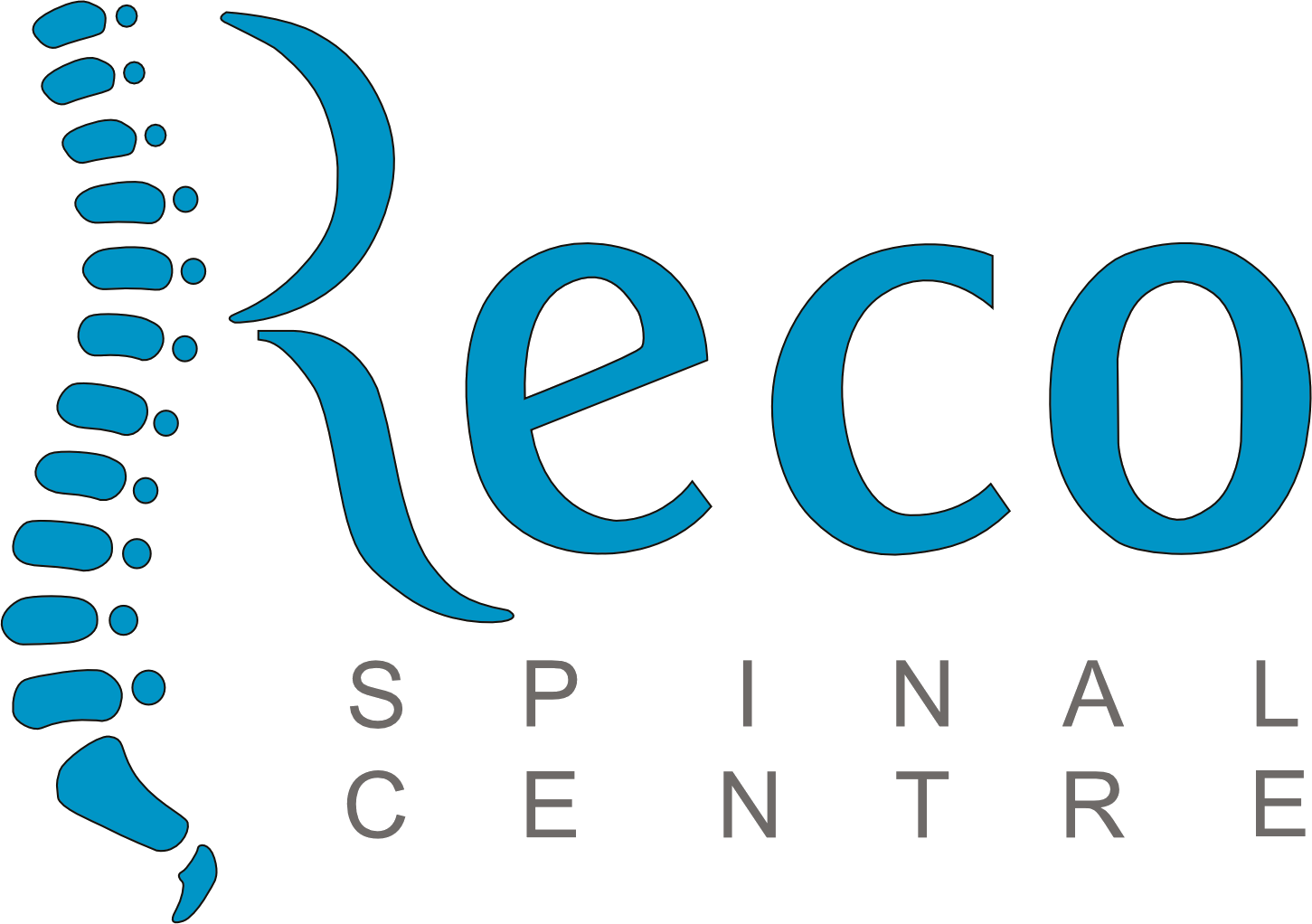Why Choose Reco Spinal Centre for Sciatica Treatment?
At Reco Spinal Centre, we understand the challenges patients face experiencing radiating symptoms down their legs. These issues can lead to significant complications, sometimes resulting in patients being unable to bear weight or needing extended time off work. That’s why we are dedicated to providing expert care in this field.
With our onsite X-ray facility and advanced diagnostic tests, we can accurately identify the source of your pain. Once we understand where the issue originates, we develop a tailored plan to address the problem effectively. Our commitment to patient recovery is evident in the numerous happy clients who have regained their lives through our care.
Sciatica can arise from various structures in the body. Initially, it may present as muscle pain, but it can progress to numbness or tightness. We take pride in pinpointing the source of these symptoms and providing the necessary support to help you return to your everyday life
What is Sciatica?
The sciatic nerve is the longest nerve in the body. It runs from the back of the pelvis, through the buttocks, down the legs and attaches to the feet. Sciatica, also referred to as sciatic neuritis, describes a pain running along the sciatic nerve. The pain usually originates in the spine, from the lower back and runs along one or both legs hitting the thigh and calf muscles.
Symptoms of sciatica can include: mild or chronic pain, muscle weakness, numbness, pins and needles, and a tingling sensation in the lower back, buttocks, thighs and calves. Bristolians have also reported experiencing pain whilst laughing which is why our team of specialists want to tackle these cases as soon as possible.

What are the Main Causes of Sciatica?
Sciatica is a common condition that is caused by an irritation or compression of the sciatic nerve. Many cases are mild and resolve on their own. The levels of pain or discomfort can vary depending on the severity of the cause. For the cases that require treatment, the spinal therapists at our Bristol centre are ready to help.
Conditions that are known to cause sciatica:
- Injuries
- Pregnancy
- A bulging or slipped disc – when a cushion of tissue between the bones in the spine pushes out
- Spinal stenosis – the narrowing of the part of the spine that the nerve passes through
- Spondylolisthesis – a slipped spinal bone
- Muscle spasm in the buttock (Piriformis)
- Cysts or other growths
- Osteoarthritis – a degenerative joint condition
Treatment of Sciatica
Upon identifying the cause of pain and discomfort, specialises in chiropractic and spinal therapy at Reco Spinal Centre in Bristol, treat cases of sciatica through a range of safe and gentle hands-on treatments, techniques and advice.
Treatments include:
- Chiropractic adjustments and gentle manipulation
- Massage therapy
- A suitable exercise programme to strengthen core muscles
- Lifestyle and posture advice
Our team will also advise on home remedies such as: cold and heat therapy, suitable cushions to improve your ability to sleep and other pain relief methods.


Prevention of Sciatica
There are many things people can do to prevent sciatica. Our therapists can help you to identify any triggers and underlying causes. Sometimes age and genetics are key factors, but lifestyle choices are also important to address.
If sciatica is caused by lifestyle choices it can be fairly easy to identify and remedy: an uncomfortable mattress, lifting heavy objects incorrectly, strenuous manual labour without correct safety measures, the set-up of a work desk and computer, or bad posture when sitting or lying down for long periods of time. Poor nutrition, being overweight and smoking can also increase the chances of suffering from sciatica.
To minimise sciatica and chronic pain in the future, our professional team in Bristol will draw up a patient-specific exercise programme to target key issues. These exercises are designed to strengthen, stabilise muscles and improve flexibility to better support the spine. They can also alleviate pain and prevent reoccurring flare-ups.
Testimonials
Our Customer Stories
We Welcome you to give chance to serve you
Crafting Healthier Homes, One Adjustment At A Time
We are accredited by:


